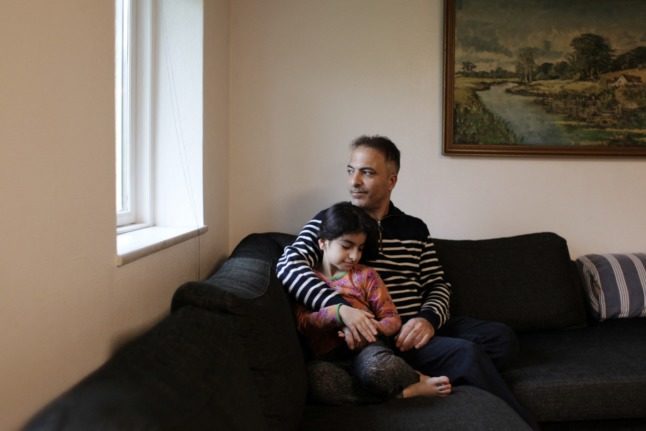SYRIA
Denmark considers new anti-jihadist laws
After France proposed tough new anti-terrorism legislation, leading Danish MPs said that Denmark should weigh all of its options for stopping the flow of fighters to Syria.
Published: 12 July 2014 11:16 CEST

At least 100 people have left Denmark to fight in Syria. Photo: Khalil Ashawi/Scanpix
Denmark will consider following France’s newly-proposed get-tough approach to keep aspiring jihadists from travelling to Syria.
France’s proposal includes a ban on foreign travel of up to six months for individuals suspected of being radicalised and allows authorities to confiscate their passports.
Denmark’s justice minister, Karen Hækkerup, was in Milan, Italy this week with eight of her European colleagues to discuss the growing problem of Europeans who travel to Syria to take part in that country’s civil war.
Following France’s proposal, Danish MPs are reportedly considering whether Denmark should follow suit.
“The threat presented by these Danes who go to Syria to fight should be taken seriously,” Venstre’s Karsten Lauritzen told Politiken. “Denmark should take inspiration from what other countries do, and we are open to anything that will really work.”
While Hækkerup did not directly address the French proposal, Trine Bramsen, a spokeswoman for Hækkerup’s Social Democrats, said the French plans could be applied in Denmark.
“I won’t rule anything out, but the important thing for us is that it has an effect,” she told Politiken. “We want to learn from other country’s experiences, and everything that contributes to putting a stop to people going to Syria is in play.”
An analysis released by Denmark’s Center for Terror Analysis last month estimated that at least 100 individuals have left Denmark to fight in Syria and that at least 15 of them have died.
Url copied to clipboard!


 Please whitelist us to continue reading.
Please whitelist us to continue reading.
Member comments